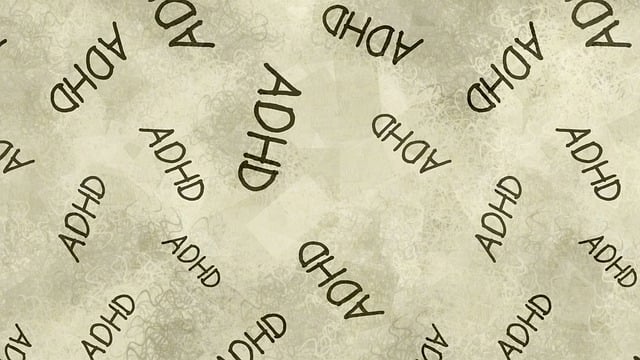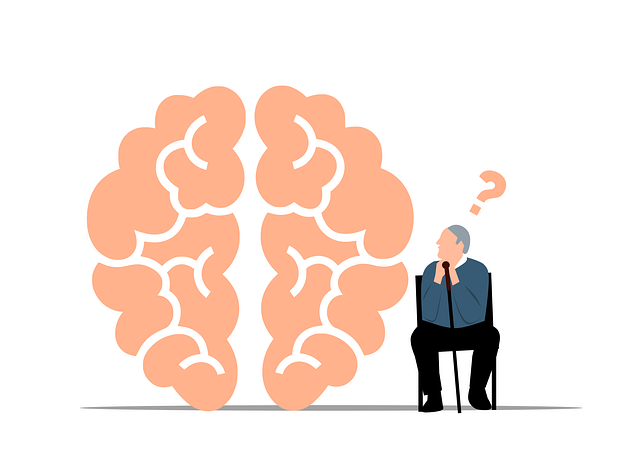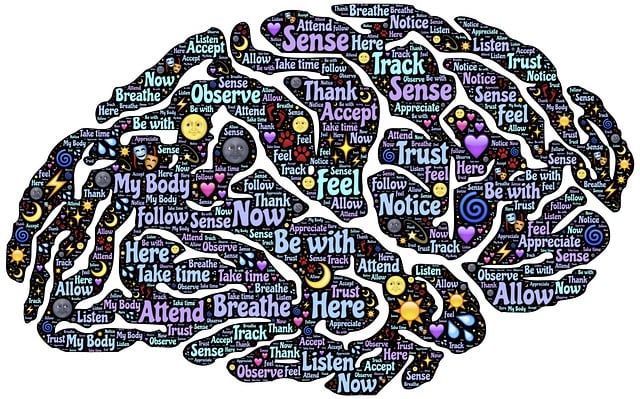Young adults face unique mental health challenges, driven by societal pressures and financial constraints. Increasing awareness pushes them towards accessible digital tools like therapy apps focused on self-care and mind over matter principles. Incorporating bariatric evaluations within these platforms offers innovative solutions, empowering users to manage stress, anxiety, and depression effectively while challenging stigma. Marketing strategies leverage social media, influencer partnerships, and SEO to connect with this demographic, fostering communities that prioritize mental wellness through engaging content and personalized resources like therapy for young adults and bariatric evaluations.
In today’s digital age, mental wellness apps offer a crucial solution for young adults grappling with their mental health. To thrive in this competitive market, app developers must craft a comprehensive marketing strategy that resonates with this demographic. This article explores key components, from understanding the unique needs of young adults and positioning innovative solutions like bariatric evaluations as accessible therapy options, to leveraging digital channels and building community through strategic partnerships. By implementing these tactics, mental wellness apps can gain traction and foster trust among their target audience.
- Understanding Your Target Audience: Young Adults and Their Mental Health Needs
- Positioning Therapy for Young Adults: Bariatric Evaluations as a Solution
- Creating Engaging Content: Storytelling and Testimonials for App Marketing
- Leveraging Digital Channels: Social Media, Influencers, and SEO Strategies
- Building Community and Trust: Partnerships and User Retention Tactics
Understanding Your Target Audience: Young Adults and Their Mental Health Needs

Young adults face unique mental health challenges that often require tailored approaches to address. With increasing awareness about mental wellness, many in this demographic seek accessible and affordable solutions for their psychological well-being. Among them, therapy specifically designed for young adults has gained popularity as a means to navigate the pressures of modern life. This age group is more likely to embrace digital tools and platforms that offer convenience and discretion when it comes to mental health support.
Understanding the target audience’s needs involves recognizing the prevalence of stress, anxiety, and depression among young adults, often exacerbated by societal pressures and financial constraints. Many seek ways to enhance self-care routines (a keyword with growing relevance) and challenge the stigma surrounding mental illness (a crucial aspect in encouraging help-seeking behaviors). Incorporating mind over matter principles can resonate with this audience, promoting resilience and coping strategies as a means to improve overall mental health, including considerations for those who might require bariatric evaluations as part of their self-care journey.
Positioning Therapy for Young Adults: Bariatric Evaluations as a Solution

In today’s digital age, mental health awareness is more crucial than ever among young adults. Many struggle with managing stress, anxiety, and other mental wellness issues that can impact their overall well-being. To address this growing concern, bariatric evaluations are emerging as a solution for Therapy for Young Adults. These evaluations offer a unique approach to understanding and treating mental health challenges by focusing on the connection between physical health and psychological state. By integrating technology and personalized care, apps designed for this purpose can help foster Self-Care Routine Development for Better Mental Health.
Promoting positive thinking and proactive self-care among young adults is essential in developing a robust mental health strategy. Bariatric evaluations within Therapy for Young Adults apps provide an opportunity to educate users on the impact of physical well-being on their mental state, encouraging them to adopt healthier habits. This holistic approach, combined with accessible digital platforms, can significantly contribute to improving Mental Health Awareness and empowering young adults to take control of their mental wellness.
Creating Engaging Content: Storytelling and Testimonials for App Marketing

In today’s digital era, creating engaging content is paramount for any mental wellness app marketing strategy. Storytelling is a powerful tool that allows users to connect with the app on a personal level. Sharing narratives that highlight how the app has transformed lives—especially focusing on relatable stories of young adults navigating therapy and bariatric evaluations—can build trust and encourage downloads. Testimonials from satisfied users, including those who have benefited from trauma support services or social skills training, add credibility and foster public awareness campaigns development.
By incorporating these elements, marketing efforts can move beyond mere promotion to foster a sense of community and understanding. This approach not only emphasizes the app’s effectiveness but also creates a positive narrative around mental wellness, ensuring that users feel seen and heard in their journeys.
Leveraging Digital Channels: Social Media, Influencers, and SEO Strategies

In today’s digital era, leveraging online channels is a powerful strategy for marketing mental wellness apps, particularly those targeting young adults. Social media platforms offer an engaging space to connect with this demographic, allowing for open discussions about mental health and the promotion of therapeutic services. By creating informative content around topics like emotional healing processes and coping skills development, apps can attract users seeking support. Influencer marketing is another effective tactic; collaborating with influencers who advocate for mental wellness can expand reach and build trust among their followers, especially when targeting specific niches such as body positivity and bariatric evaluations.
Search Engine Optimization (SEO) strategies are integral to increasing visibility. Incorporating relevant keywords like “therapy for young adults” and “bariatric evaluations” into content ensures that potential users can easily discover the app through online searches. Optimizing website copy, blog posts, and social media captions with these SEO keywords helps rank higher in search results, driving more organic traffic. By combining these digital channels, mental wellness apps can effectively reach their target audience and promote services that cater to young adults’ unique needs.
Building Community and Trust: Partnerships and User Retention Tactics

Building a strong community is an essential aspect of any successful mental wellness app’s marketing strategy. By fostering connections between users, especially targeting young adults seeking therapy, apps can create a supportive environment that encourages open dialogue and trust. Partnerships with established mental health organizations or professionals can be a powerful tool to enhance credibility and attract users who prioritize their well-being. These collaborations can lead to cross-promotion, where users of one platform are introduced to new resources, such as bariatric evaluations, anxiety relief techniques, or confidence-boosting programs.
Retaining users involves implementing strategies that go beyond the initial download. Regular engagement through interactive content, such as mental wellness coaching programs development tailored to individual needs, can keep users invested in their journey. User retention tactics should aim to build a loyal community where individuals feel valued and understood, ensuring long-term adherence to the app and its offerings, including services like therapy for young adults and personalized evaluations.
Developing an effective marketing strategy for a mental wellness app requires a multifaceted approach. By understanding the unique mental health needs of young adults, positioning bariatric evaluations as accessible solutions, and leveraging engaging content and digital channels, your app can stand out in a competitive market. Building community through partnerships and user retention tactics fosters trust, ensuring long-term success. Implementing these strategies will not only attract but also retain users seeking therapy for young adults, making your app an indispensable resource for mental wellness.













